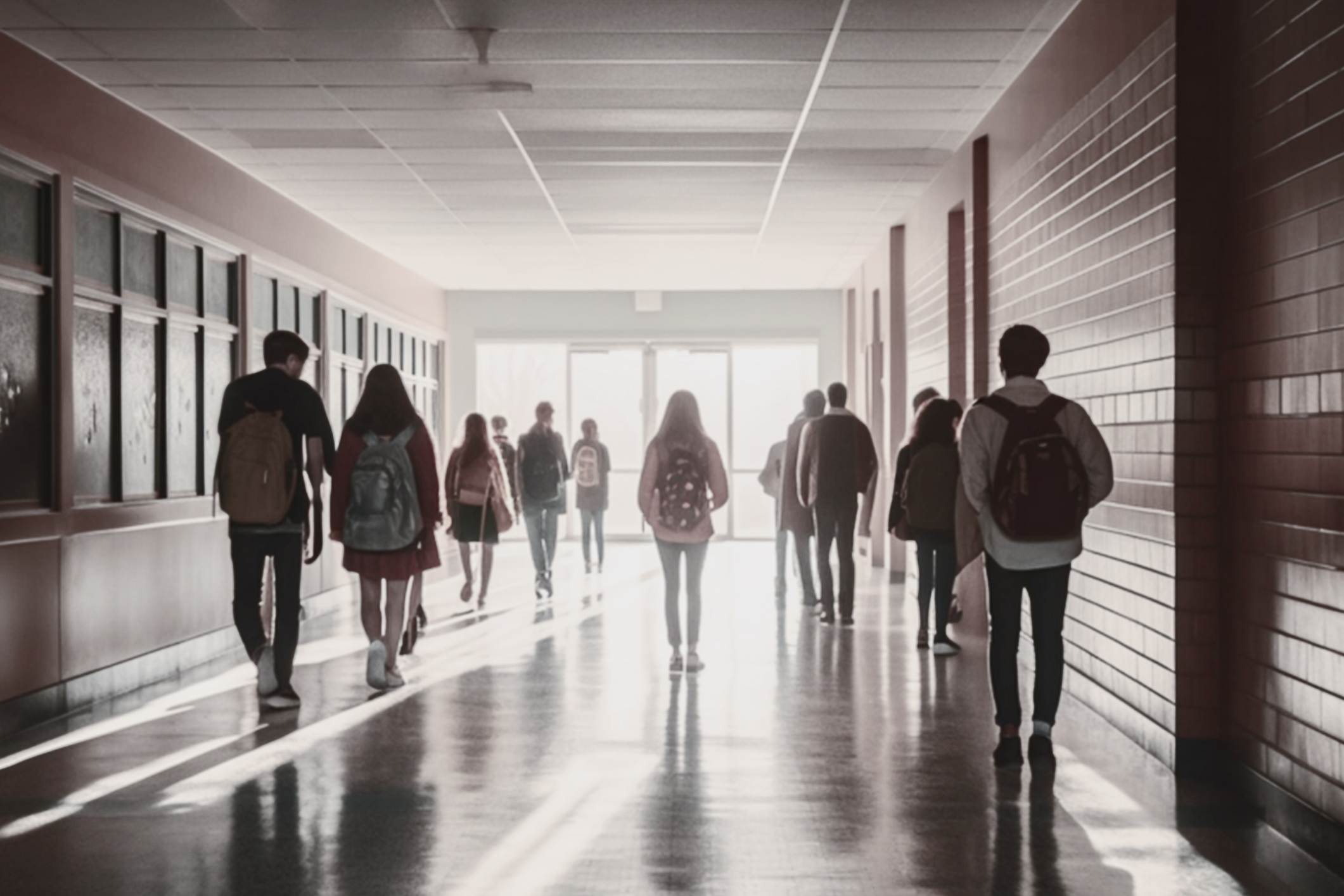By Robyn Ince, Ed.M., Elisabeth Kim, Ph.D., and Bernie Lombardi, Ph.D.
The Newark City of Learning Collaborative (NCLC) is working in partnership with the New Jersey State Policy Lab to explore how institutions and communities in the city of Newark might work together to reengage “COVID-disconnected” college students. This blog addresses the background for the project and the research design.
Total postsecondary enrollment in the U.S. fell to 16.2 million in the spring of 2022 (NSCRC, 2023). New Jersey colleges lost an even greater percentage of students to the COVID-19 pandemic than the national average. Postsecondary enrollment dropped 6.7%, from 340,637 students in spring of 2021 to 317,972 in spring of 2022 (NSCRC, 2023).
As part of this research, we will explore the barriers to reenrollment for COVID-disconnected college students in Newark. The NJ Assembly Bill 398 established the Office of Dropout Prevention and Reengagement of Out-of-School Youth and the Student Dropout Prevention Task Force. We hope to inform the narrative gap between “dropout youth” (as articulated in the Bill) and the lived experiences of college-ready 18-to-26-year-olds who are not currently enrolled in college. We believe that the findings will be relevant across the state because enrollment declines are a pervasive phenomenon in the post-COVID-19 era.
Key questions include:
- What policies, processes, and procedures dissuade this population from reenrolling, and how do they disproportionately impact people based on race, as well as economic and family circumstances?
- What role does mindset play in youths’ hesitancy around reenrolling or their decision not to? How are hesitancy and choice informed by the mindsets of family, community, college/university administration, and government?
- What social-emotional factors influence or inform the mindsets of COVID-disconnected college students pertaining to reenrollment? How do these factors vary depending on race, economic circumstance, opportunities for community support, and family?
- What are key financial factors preventing COVID-disconnected college students from reenrolling?
In the coming months, we will conduct interviews and focus groups with Newark students who have graduated high school but are not currently enrolled in college and personnel from community programs/organizations that directly work with or have touchpoints with these students and representatives from the state. We will also complete a landscape scan of the supports available to Newark students who are disconnected from college.
Our goal is to provide Newark, as well as the state as a whole, with the tools to work toward a more holistic life span student-centered approach and college-going ecosystem in using many of the supports that they already have in place. Overall, there is a lack of data on college disconnected youth aged 18-26, as well as funding that focuses on supporting their access to postsecondary educational pathways, and so part of this goal is to direct state-level reinvestment towards this population. Disconnected students are in need of a trusted resource that is tailored to their individual needs and has the understanding of and relationships with institutions in order to facilitate their access to college.

